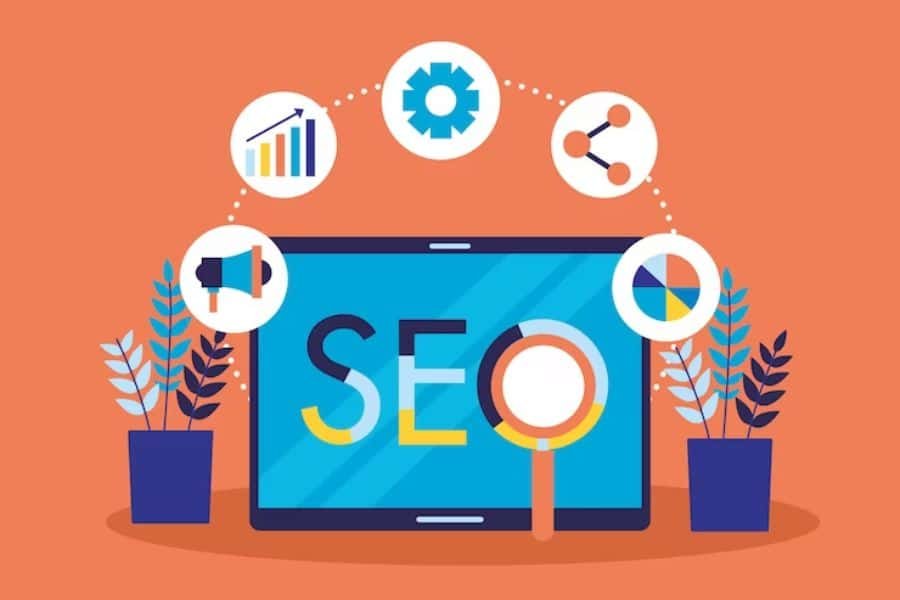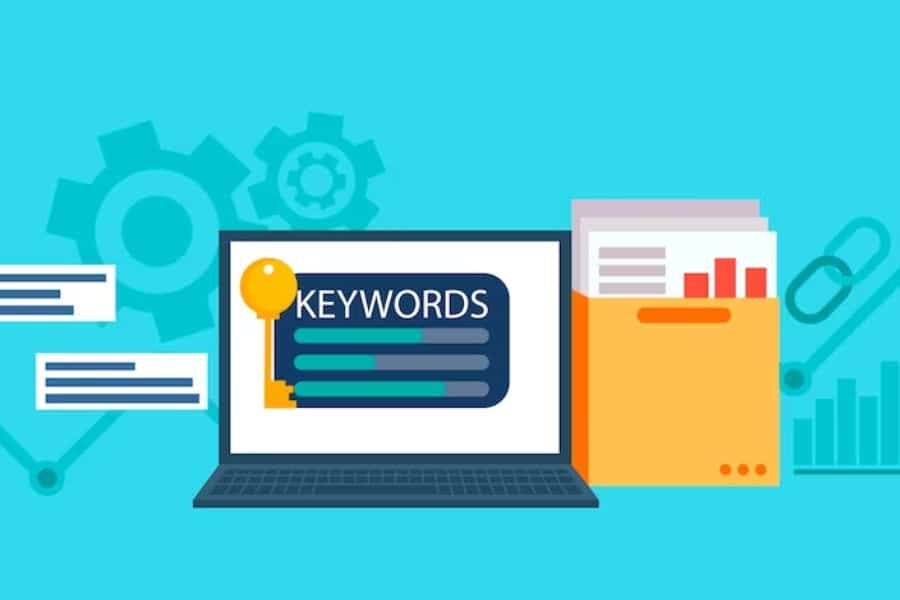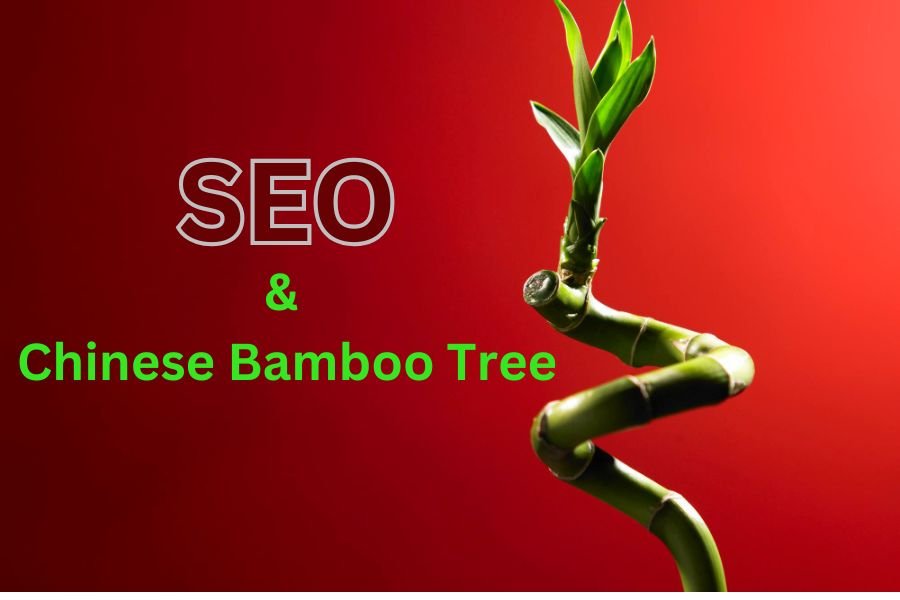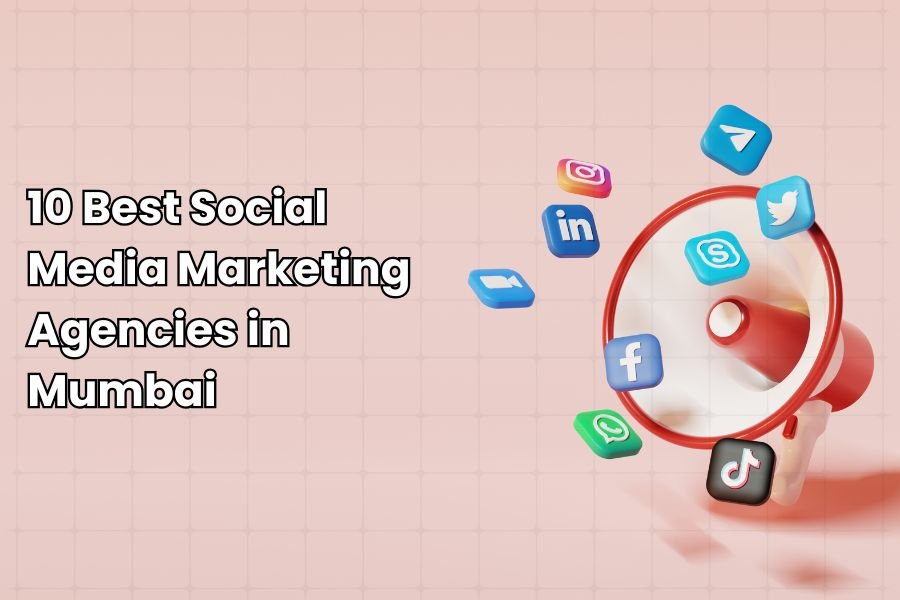10 Local SEO Tactics That Will Boost Your Website’s Visibility
Introduction
In the vast digital landscape, having a strong online presence is crucial for any business looking to succeed in today’s competitive market. Local search engine optimization (SEO) plays a pivotal role in enhancing your website’s visibility and attracting potential customers in your local area. Whether you’re a local bakery, a boutique clothing store, or a plumbing service, your potential customers are likely searching for your products or services online. This is where Local SEO (Search Engine Optimization) comes into play.
What is Local SEO?
Local SEO is a specialized branch of SEO that focuses on optimizing a website to improve its visibility in local search results. It is particularly important for businesses that serve specific geographic areas or have physical locations, such as brick-and-mortar stores, restaurants, clinics, and service providers. Local SEO aims to connect businesses with nearby customers actively searching for products or services within their vicinity. Local SEO tactics are essential for ensuring that your business appears prominently in local search results, driving more traffic, and increasing revenue.
If you’re a local business looking to increase your online visibility and drive more traffic to your website, you’re in the right place. It encompasses an array of strategic maneuvers that center on optimizing your online presence to increase visibility when users search for products or services in your geographical area. This comprehensive guide will delve into the intricacies of local SEO, equipping you with the tools to enhance your website’s visibility and forge meaningful connections with local audiences.
RK Media, a leading digital marketing agency, has compiled a list of 10 powerful local SEO tactics that will help you stand out in local search results and boost your website’s visibility.
-
Optimize Your Google My Business Listing
Google My Business (GMB) is a powerful tool for local businesses. It’s essentially your online business card that appears when people search for your services or products. To make the most of it, ensure your GMB profile is complete and accurate. Add high-quality photos, your business hours, contact information, and encourage customers to leave reviews. Make sure your GMB profile is up-to-date with accurate information about your business, such as address, phone number, website, hours of operation, and high-quality images. Encourage customers to leave reviews, and respond to these reviews promptly. Regularly posting updates, offers, and events on your GMB profile also boosts visibility.
-
Keyword Research for Local SEO
Effective keyword research is the cornerstone of any successful Local SEO strategy. For local SEO, focus on keywords that include your city, region, or neighbourhood. Tools like Google’s Keyword Planner or third-party tools like SEMrush and Moz can help you identify the right keywords to target. One of the foundational aspects of local search engine optimization (SEO) is keyword research. Understanding the right keywords and phrases that resonate with your local audience can make a world of difference in your online visibility and, ultimately, your bottom line. Incorporate these keywords naturally into your website’s content, titles, meta descriptions, and headings. Include these keywords naturally in your website’s content, meta titles, descriptions, and headers. Ensure that your website copy reflects the location and services you offer.
Before diving into the intricacies of keyword research, it’s essential to grasp why it’s crucial for your local SEO strategy.
- Relevance: Keywords are the bridge that connects your website to potential customers. By targeting relevant keywords, you ensure that your content aligns with what your local audience is searching for.
- Visibility: Local SEO is all about being seen by people in your area when they search for products or services you offer. The right keywords can help your website appear in the top search results, significantly boosting your visibility.
- Competition: Knowing which keywords your competitors are targeting can provide a competitive edge. It allows you to optimize your content and outrank them in local search results.
-
On-Page SEO Optimization
On-page SEO is all about optimizing the content and structure of your website. Ensure your website is mobile-friendly, as Google prioritizes mobile-responsive websites in search results. On-page SEO encompasses the tactics and strategies employed directly on your webpages to improve their visibility and ranking on search engines like Google. It’s a vital component of any comprehensive SEO strategy, and here’s why it matters. Also, pay attention to your website’s loading speed, as slow websites can turn away potential customers. Optimize your images, use descriptive alt text, and create unique and valuable content that caters to the needs of your local audience.
The primary goal is to ensure that your website’s content and structure align with the search engine’s algorithms and user preferences. Here are some key aspects of on-page SEO:
1. Content Quality and Relevance: The heart of on-page SEO is high-quality, relevant content. Search engines aim to provide users with the most valuable and pertinent information. Your content should answer users’ queries, offer insights, and engage your audience. Moreover, it should incorporate relevant keywords and phrases naturally.
2. Keyword Optimization: Keywords are the building blocks of on-page SEO. Thorough keyword research helps you identify the terms and phrases your target audience uses when searching for information or products related to your business. These keywords should be strategically placed within your content, including headings, subheadings, and body text.
3. Title Tags: Each page on your website should have a unique and descriptive title tag. The title tag is a critical element for both search engines and users, as it provides a concise preview of the page’s content in search results. It’s also the first thing users see when they open your page in their web browser.
4. Meta Descriptions: The meta description is a brief summary of what users can expect to find on your webpage. While it doesn’t directly impact search rankings, a well-crafted meta description can entice users to click on your link in search results, increasing your click-through rate (CTR).
5. Header Tags: Properly structured content with clear headers (H1, H2, H3, etc.) enhances both user experience and SEO. Header tags help break up your content into digestible sections and signal the importance of different parts of your page to search engines.
6. URL Structure: Clean and organized URLs contribute to a better user experience and improved SEO. Avoid lengthy, convoluted URLs with random characters. Instead, opt for concise, descriptive URLs that include relevant keywords.
7. Internal and External Linking: Linking to other pages within your website (internal linking) and to authoritative external sources (external linking) enhances the credibility and usefulness of your content. It also helps search engines understand the context and relevance of your content.
8. Image Optimization: Images can add visual appeal to your content, but they also need optimization. Use descriptive file names and alt text to help search engines comprehend the content of your images.
9. Mobile-Friendliness: With the growing number of mobile users, having a responsive and mobile-friendly website is crucial. Google considers mobile-friendliness as a ranking factor, so it’s essential to ensure your site works seamlessly on all devices.
10. Page Loading Speed: Slow-loading pages can deter users and negatively impact SEO. Optimize your website’s performance by minimizing large image files, leveraging browser caching, and using content delivery networks (CDNs).
-
Local Link Building
Building a strong backlink profile is essential for local SEO. Seek out local directories, industry-specific websites, and partnerships with local businesses to acquire high-quality backlinks. Partner with local businesses, sponsor local events, and participate in community activities. These efforts can lead to local websites linking back to your site, which can significantly boost your local search rankings. Local newspapers, chambers of commerce, and community organizations often feature businesses in their articles or directories. By getting mentioned or linked on these platforms, you can boost your local authority and improve your website’s visibility.
-
Online Reviews and Reputation Management
Online reviews are influential in local SEO and consumer decision-making. Encourage satisfied customers to leave reviews on platforms like Google, Yelp, and Facebook. Respond to both positive and negative reviews professionally and promptly. A positive online reputation can improve your click-through rate and rankings in local search results.
-
Local Structured Data Markup (Schema Markup)
Schema markup is a code you add to your website to provide search engines with more information about your content. For local SEO, use schema markup to specify details like your business name, address, phone number, operating hours, and customer reviews. Local businesses can benefit from adding schema markup related to their location, operating hours, and customer reviews. This helps search engines display more relevant information about your business in search results. This makes it easier for search engines to understand your content and display rich snippets in search results, which can enhance your website’s visibility.
-
Content Localization
Create content that resonates with your local audience. This can include blog posts, videos, or other media that highlight local events, news, or community involvement. When creating location-specific content, remember to incorporate local keywords naturally and genuinely. This not only improves your local SEO but also strengthens your connection with the community.
-
Social Media Engagement
Social media is a valuable platform for local businesses to engage with their audience and boost their online visibility. Regularly update your social media profiles with local news, events, promotions, and customer testimonials. Engage with your followers by responding to comments and messages promptly. Social signals, such as likes, shares, and comments, can indirectly impact your local SEO rankings.
-
Mobile Optimization
Mobile optimization is critical for local SEO success. Many people search for local businesses on their smartphones, so having a mobile-friendly website is essential. Ensure that your website is responsive, loads quickly on mobile devices, and provides a seamless user experience. Google’s mobile-first indexing means that the mobile version of your site is now the primary source for ranking and indexing. Google uses mobile-friendliness as a ranking factor, so optimizing for mobile not only enhances user experience but also improves your search rankings.
-
Local SEO Tracking and Analysis
Implementing local SEO tactics is only half the battle. To continuously improve your website’s visibility, you need to monitor your performance. Use tools like Google Analytics and Google Search Console to track your website’s traffic, user behaviour, and search performance. Analyze the data to identify what’s working and what needs improvement, then adjust your local SEO strategy accordingly.
Conclusion
In today’s digital age, local SEO is essential for any local business looking to thrive. By implementing these 10 local SEO tactics recommended by leading Digital Marketing Agency RK Media, you can boost your website’s visibility, attract more local customers, and outshine your competition.
By optimizing your Google My Business profile, conducting keyword research, and implementing these strategies, you can improve your local search rankings, attract more local customers, and ultimately grow your business. Don’t underestimate the power of local SEO—it’s the key to standing out in today’s competitive digital landscape. Remember that SEO is an ongoing process, and staying up-to-date with the latest trends and algorithm changes is crucial. So, start optimizing your online presence today and watch your local business grow.
Image Reference: freepik
Disclaimer: All trademarks, logos, and brand names are the property of their respective owners. All company, product, and service names used in this website are for identification purposes only. Use of these names, trademarks, and brands does not imply endorsement.















